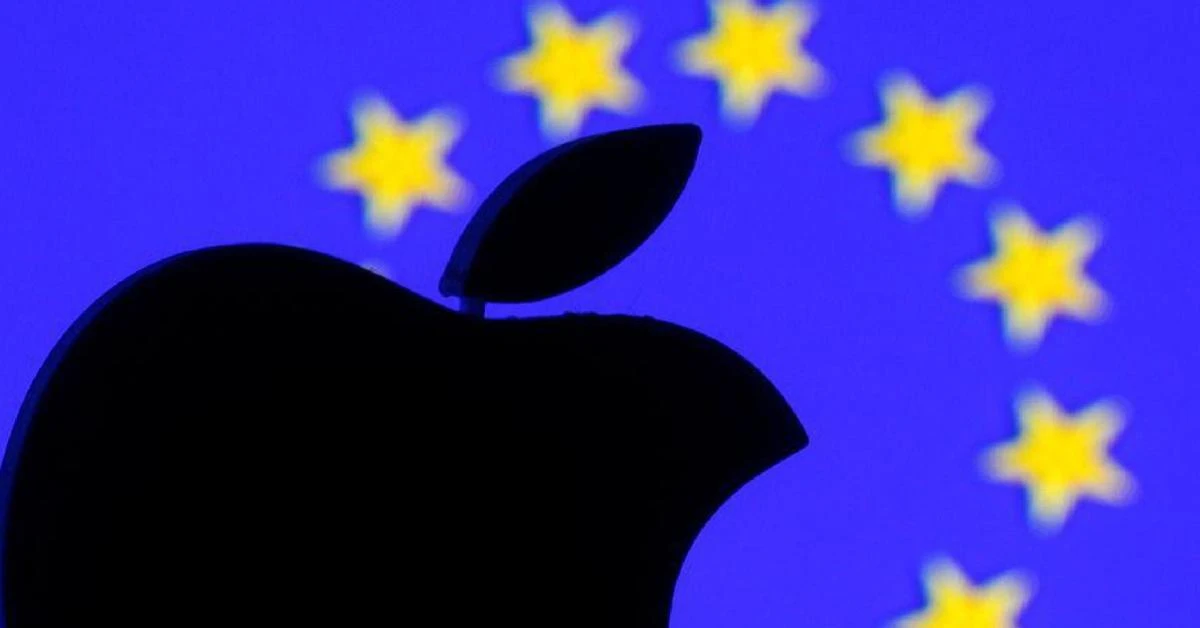EU mandates Apple to make substantial modifications to App Store

Apple unveiled its plans to introduce changes to its services in Europe, marking a significant shift that will grant iPhone users the ability to access alternative app stores for the first time
Apple has announced its intention to implement changes to its services in Europe, signaling a notable shift that will empower iPhone users with the capability to utilize alternative app stores for the first time.
This decision comes in response to the new antitrust regulations imposed by the European Union and is expected to be implemented in March, coinciding with the enforcement of the Digital Markets Act.
The forthcoming changes will enable users to download software from sources outside the App Store and offer them new payment processing options.
Additionally, users will have the opportunity to download an alternative web browser when they initially open Safari in the latest version of the iOS operating system, eliminating the need to navigate through settings to make this adjustment. In a statement released on Thursday, Apple highlighted the privacy and security risks associated with the Digital Markets Act and emphasized its commitment to mitigating these concerns through the implementation of safeguards.
The company also acknowledged that the new payment processing and app downloading options may introduce new vulnerabilities such as malware, fraud, scams, and harmful content, despite the protective measures being put in place.
The EU has been strengthening its legal framework to regulate the activities of major tech companies, with a focus on protecting European users online and fostering competition in an industry largely dominated by U.S. tech giants such as Apple, Amazon, Google, Microsoft and Meta. Companies found to be in violation of the Digital Markets Act could face significant fines, potentially reaching up to 20% of their global turnover, or even be subject to breakup orders in severe cases.
It is worth noting that Meta and Chinese-owned TikTok have already initiated legal challenges against this legislation, highlighting the far-reaching implications of these regulatory changes on the tech industry.
Source: AFP



